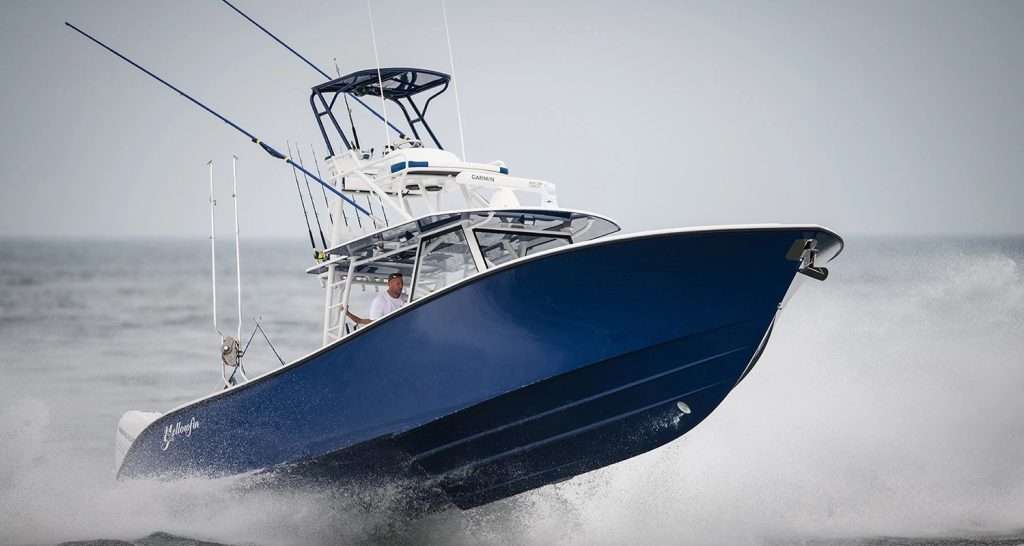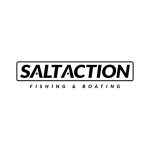There are some boat safety items that you absolutely must have with you at all times on board. When you are in charge of operating a boat on the water, you assume a large level of responsibility for the well-being of both yourself and the other people on board.
There is nothing that can quite compare to a wonderful day spent on a boat, whether your chosen pastime is sailing, water skiing, fishing, or just plain cruising. Being on the open water provides a sense of freedom and excitement that can't be replicated. But with this enjoyment comes responsibility. As a boat operator, it's crucial to prioritize safety at all times.
It's essential to understand the best practices for boat safety and the necessary equipment that should always be kept onboard. A well-prepared boat ensures the safety of everyone and helps avoid emergencies or dangerous situations.
Despite the abundance of information available, many boat operators overlook the importance of having proper safety equipment. Below is a list of must-have boat safety gear to ensure your vessel is ready for any situation on the water.
First Aid Kit
Always make sure that your first aid kit contains the essential items, such as gauze, bandages, alcohol cleaning pads, aspirin, and personal protective equipment (PPE) like gloves and protective glasses. This kit should never be left behind, no matter how short your trip is. Ensure that your first aid kit is securely stored in a waterproof container to keep everything dry and ready for use. For a complete kit, consider purchasing a boat first aid kit that includes all the essentials for maritime emergencies.
Flotation Aids for Individual Use
U.S. Coast Guard regulations, as well as many state laws, require each boat to have a personal flotation device (PFD) for every passenger onboard. These PFDs (commonly known as life jackets or life vests) are crucial in case of an emergency. Certain boats are also required to carry an additional flotation device, such as a throwable cushion or ring buoy, for rescue purposes. Stock up on reliable personal flotation devices to meet legal requirements and keep everyone safe.
Up-to-Date Fire Extinguisher
A fire extinguisher is a non-negotiable safety item on any boat. Ensure your fire extinguisher is properly maintained, up-to-date, and easily accessible. This crucial piece of equipment can be the difference between containing a small fire and facing a dangerous situation. Look for a marine fire extinguisher specifically designed for boating needs.
Quality Boat anchor
Every boat must be equipped with a strong, reliable anchor to prevent drifting into dangerous areas, especially in case of engine failure or sudden storms. Having an anchor gives you control and peace of mind in unpredictable waters. Browse for boat anchors that match your vessel size and weight to ensure stability.
Dock Lines and Tow Ropes
It's vital to have dock lines for securing your boat at docks, and a spare tow rope in case you or another boater requires assistance. A good set of dock lines ensures your boat stays secure, while a tow rope can save the day if you're stuck. Check out dock lines and tow ropes for both docking and towing purposes.
Equipment for Signaling
Always carry both daytime and nighttime signaling equipment onboard, such as a sound horn, distress flags, flares, and a fog system. These tools can alert others in case of an emergency, helping rescuers locate your vessel quickly. Equip your boat with marine signaling devices to ensure you are always prepared to signal for help.
Marine VHF Radio and Cell Phone
A marine VHF radio is an essential communication tool while you're out on the water. It allows you to call for help, communicate with other boaters, or check weather reports. Additionally, bring your cell phone as a backup communication device, ensuring you always have a way to summon assistance. Invest in a marine VHF radio for reliable communication at sea.
Marine Batteries
Keep spare marine batteries or a backup house/starter battery on board to avoid running out of power. A dead battery can leave you stranded, so having extra batteries ensures your boat's essential systems keep running. Consider purchasing a marine battery that fits your boat's needs.
Final Thoughts
Boating can be an incredible experience, but safety must always come first. Having the right safety equipment on board not only ensures compliance with regulations but also keeps everyone protected in the event of an emergency. From first aid kits and life vests to reliable communication tools and batteries, these items should be standard on every vessel. Make sure your boat is properly stocked with all the necessary boat safety equipment to stay prepared on the water.





